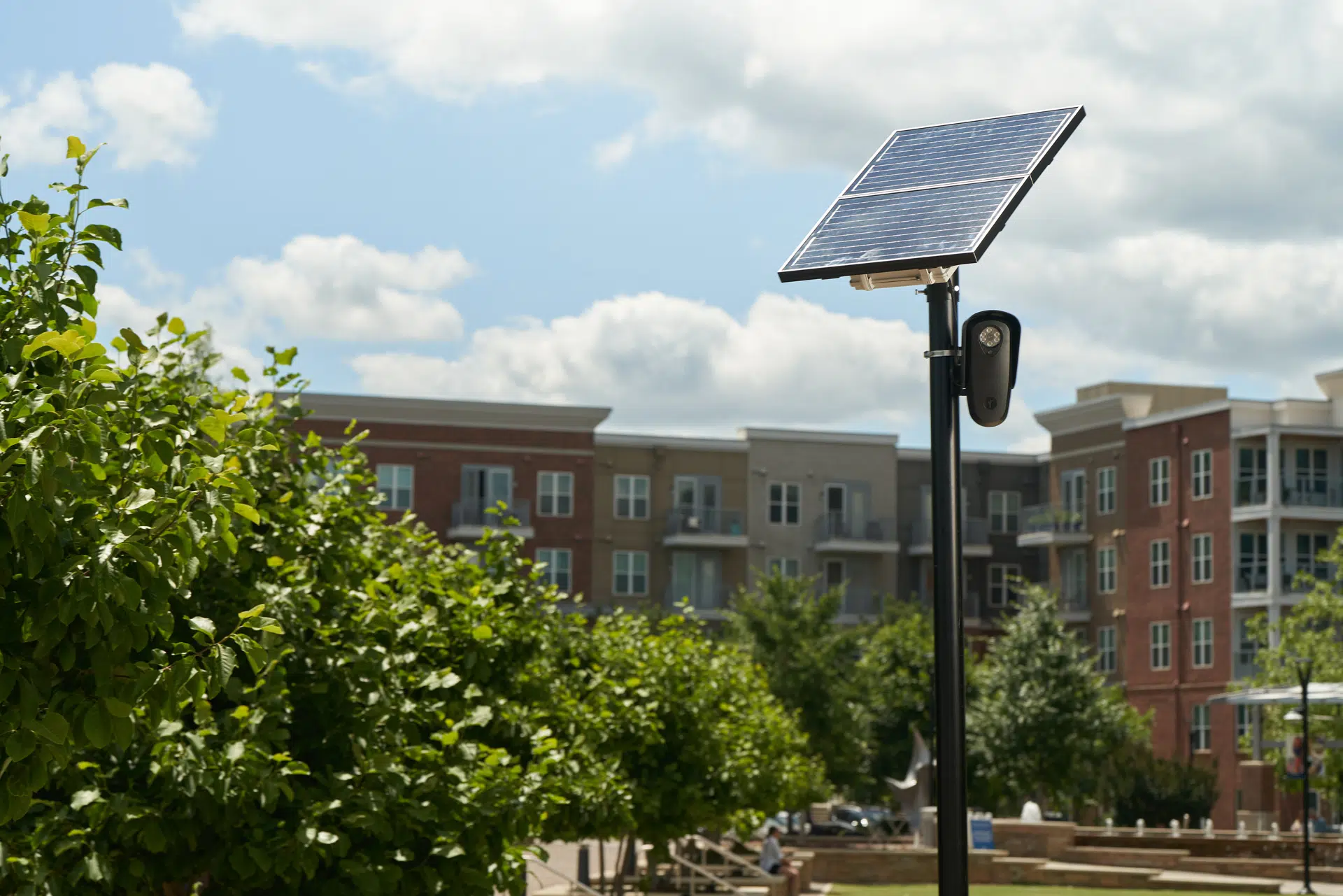More and more license plate reader cameras are being installed by law enforcement and there is no doubt your license plate number is being captured. Your number is linked to your personal data and it can be pulled into the systems that these cameras are part of. This begs the question is your data safe?
The American Civil Liberties Union has been interested in this question for at least 10 years. At that time the ACLU ran a cover story in their monthly magazine titled, “You Are Being Tracked” with the subtitle, “How License Plate Readers are Being Used to Record American’s Movements.”
The ACLU, through public records requests, analyzed how 600 enforcement agencies in 38 states were using license plate reader data.
As a result of their study they called “for the adoption of legislation and law enforcement agency policies adhering to the following principles:
- License plate readers may be used by law enforcement agencies only to investigate hits and in other circumstances in which law enforcement agents reasonably believe that the plate data are relevant to an ongoing criminal investigation.
- The government must not store data about innocent people for any lengthy period. Unless plate data has been flagged, retention periods should be measured in days or weeks, not months and certainly not years.
- People should be able to find out if plate data of vehicles registered to them are contained in a law enforcement agency’s database.
- Law enforcement agencies should not share license plate reader data with third parties that do not follow proper retention and access principles. They should also be transparent regarding with whom they share license plate reader data.
- Any entity that uses license plate readers should be required to report its usage publicly on at least an annual basis.
Through public records requests Cities 92.9 obtained documents regarding legislation passed, policies established and operating procedures concerning license plate reader systems from the City of Bloomington, the Town of Normal, McLean County and the Village of LeRoy.
All four of these entities have, or plan to have license plate readers installed on their roadways.
Cities 92.9 compared the information we received to see how well these entities subscribe to the principles set forth by the ACLU.
Bloomington, Normal and LeRoy have policies that largely comply with the ACLU’s desires.
McLean County does not have a policy.
McLean County also has not installed any license plate reader cameras.
But it has allowed LeRoy to install one camera on a County Highway near the LeRoy village limit.
Normal’s practices are the most compliant with the wishes of the ACLU.
They meet every criteria with the exception of criteria three: “People should be able to find out if plate data of vehicles registered to them are contained in a law enforcement agency’s database.”
None of the local entities meet criteria three. None of the policies mention whether or not people can “find out if plate data of vehicles registered to them are contained in a law enforcement agency’s database.”
Bloomington and LeRoy’s policies are close to being as good as Normal’s but come up a little short. All three try to meet criteria four but Normal’s policy is the one that clearly meets it.
The first part of criteria four is what is in question, “Law enforcement agencies should not share license plate reader data with third parties that do not follow proper retention and access principles.”
Normal’s policy is head and tails above the other two because it includes these statements:
“When an outside agency requests access to Normal Police Department’s ALPR, the system administrator will request a copy of the requesting agency’s ALPR use policy. Once the policy is received, it will be forwarded to the Chief of Police or his designee for review and approval.”
This brings us back to McLean County. Without McLean County having a policy, it might be imprudent to share data with them. Conversely it might be prudent for McLean County to pass a policy if it would like to share data with its neighbors even if it doesn’t foresee installing license plate reader cameras in the immediate future.





